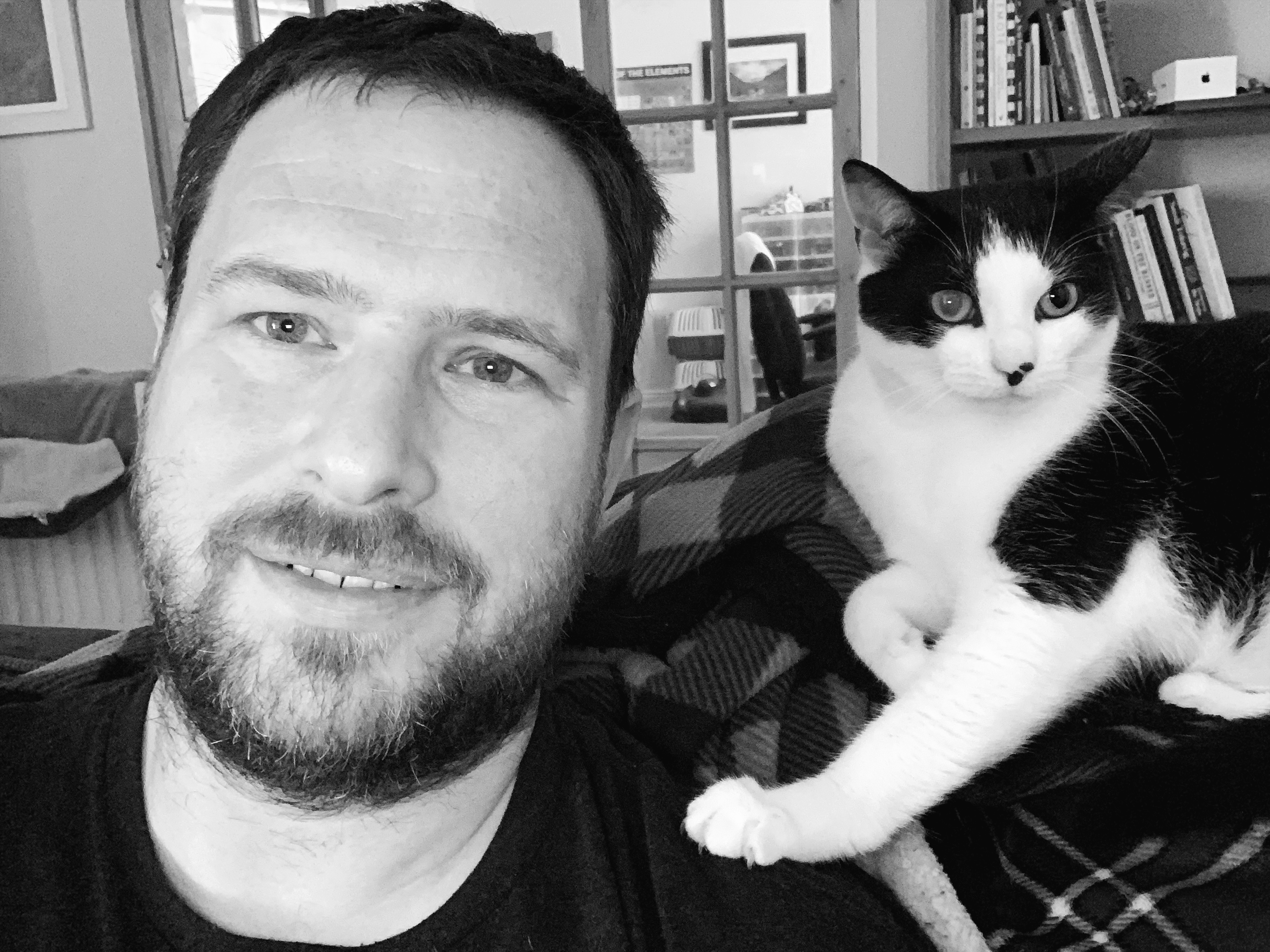Man’s Search for Meaning

My review
</a>
rating: 5 of 5 stars This is an inspirational book; not in that fluffy, chirpy plastic way of too many popular books but in the shear darkness of the author’s story and his attitude during it.
Part of the appeal of this book lies in the historical account from a survivor of the holocaust, told in a slightly detached, matter-of-fact, manner. It’s only 60 years ago but we quickly forget about the horrors of the concentration camp, and all the other human-inspired miseries since.
However, as the title might indicate, this book has much more to offer the reader. The author shows how even in the darkest nightmarish situations there is a way for the human psyche to come through. Though the reader might feel awkward comparing their situation to that endured by the author (I certainly did) the advice and anecdotes presented here are applicable far beyond the extreme suffering of the concentration camps (and, indeed, that is exactly the intention of the author).
Here’s a few things I’ve picked up from the book:
- It isn't how life treats you that's important, it's how you approach life. Some situations might be inescapable and result in great suffering but there is little point on dwelling on the unfairness of the universe. You must look at as an opportunity to prove yourself -- to show your integrity. The one choice you always have is how you to react to a situation.
- Having something to hold onto. Whether it is the thought of a loved one or the knowledge that your suffering might have saved another. For example, the loneliness of a windower had actually saved his wife from the same suffering by living longer than her.
Quotes:
- "A man who has a why to live for can bear with almost any how" (actually from Nietzsche)
- "everything can be taken from a man but one thing: the last of the human freedoms—to choose one's attitude in any given set of circumstances, to choose one's own way."
- "It did not really matter what we expected from life, but rather what life expected from us. We needed to stop asking about the meaning of life, and instead to think of ourselves as those who were being questioned by life—daily and hourly. Our answer must consist, not in talk and meditation, but in right action and in right conduct. Life ultimately means taking the responsibility to find the right answer to its problems and to fulfill the tasks which it constantly sets for each individual."
- "We can discover this meaning in life in three different ways: (1) by creating a work or doing a deed; (2) by experiencing a something or encountering someone; and (3) by the attitude we take toward unavoidable suffering."
I read this book in an attempt to understand “life” over the past 306 days since the car accident. I came away lucky, very lucky, but at the same time I have some lingering effects that are likely to remain permanent. And there’s more misery to come with (possibly very) early arthritis etc. There’s no medication to help me here, it’s just attitude that’s going to get me through and I found this book incredibly helpful in that regard. I have suffered and that suffering is likely to continue but I take some pride that I was the one in the driver’s seat, that it wasn’t Hilary with our unborn daughter. I’ve taken that suffering away from them. Of course, it wasn’t a conscious decision — just fate — but one of us was going to be driving that day and I’m happy it was me.
To most people, I appear no different than I was 307 days ago but I know differently. I feel the pain in my left foot and right knee, the stiffness in my right leg and arm and my slight limp. I might go for a walk with my colleagues at lunchtime and they wouldn’t know that our brisk walk has caused me pain. I don’t talk about it (except here, in my private diary!); I don’t yelp or groan. This is my suffering and there’s no point in constantly sharing it with others. What’s more, I’m not going to stop walking or slow down because of it. “Everyone has their cross to bear”, and this is mine.
I’m still here and I have much to work and live for, not least my daughter. That is all the motivation than I need to fully explore Viktor Frankl’s three meanings in life: to create, to experience and to suffer.